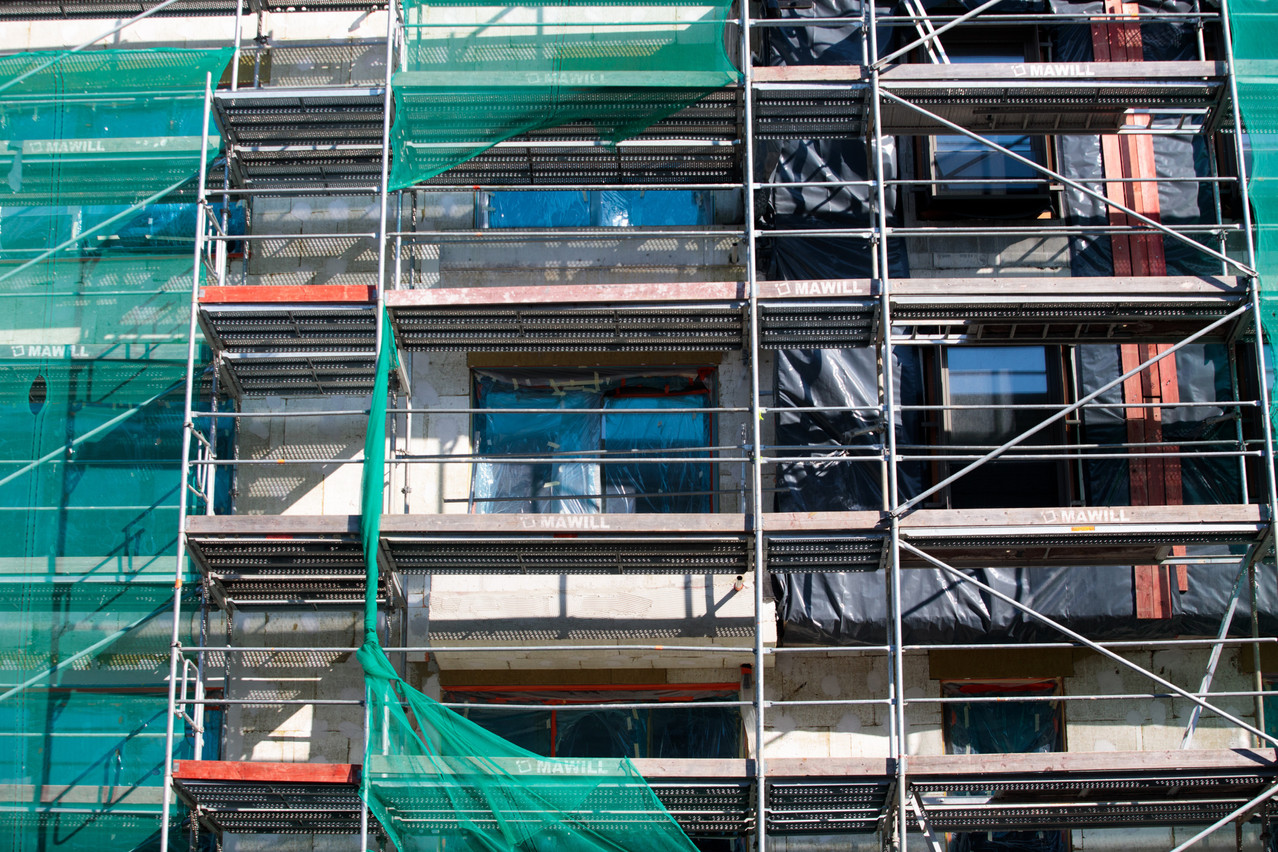The reduction of emissions under the Paris Agreement requires most existing buildings to be more environmentally friendly. The cost of doing so will necessarily weigh on returns, but according to a study by Fidelity International, "the cost of prolonged inaction could be much higher. It is therefore wise for investors to consider how much profit they are willing to forego in the short term to protect the value of their assets in the long term," says Aymeric de Sérésin, country head & director pan-European Real Estate at Fidelity International.
Around 97% of existing commercial buildings will not be able to achieve net zero energy consumption in their current state. If they are left as they are, they will be increasingly difficult to sell or rent.
Structural effects
This observation has led to the theory of a 'pollutant discount' in the European property market.
This discount is still hard to quantify, "but it will be significant enough to make it prudent to invest in the modernisation of buildings", insists Aymeric de Sérésin. As it stands, he expects rents to stagnate, while those of "virtuous" buildings could grow by 2% a year.
Above all, this discount is likely to structure the office and commercial property market in the months to come.
The first predictable impact is that investors will make building sustainability a key element of their investments.
"As the number of real estate funds classified under Article 8 or 9 of the EU Sustainability Reporting Regulation for the financial services sector increases, the quality of buildings and the way they are used will also become more important. The simplicity approach will be to buy buildings that are already certified, which will create an even greater ecological bonus and pollutant discount," says Aymeric de Sérésin.
At the same time, occupants will have more requirements. Buildings will have to have at least a "Very Good" BREEAM (Building Research Establishment Environmental Assessment Method) certification level or a "Silver" LEED (Leadership in Energy and Environmental Design) label.
Beyond criteria related to water and energy consumption and waste management, occupants will be mindful of health issues, says Aymeric de Sérésin, who points to criteria such as "good air quality and ventilation, non-contact access, amenities such as gyms and outdoor spaces, and facilities for the last leg of the journey, such as bicycle parking and showers.” Pembroke, a property manager, concluded from a recent survey of occupiers that many expect demand for such features to increase after the pandemic and that buildings without them could experience low demand, lower rental growth and lower rents," the analyst added.
Landlords who are reluctant to invest in modernisation may ultimately regret it.
Finally, valuers will increasingly include environmental, social and governance (ESG) factors in their valuations. "The major valuers are currently recruiting ESG specialists and it won't be long before they include in their calculations the investments required to upgrade a building to meet higher environmental standards or the costs of offsetting carbon emissions if a property is abandoned.
For Aymeric de Sérésin, "the tipping point is in sight".
"Capital is already starting to flow into sustainable buildings. The prospect of more stringent regulations will bring the market to a tipping point, where valuations could be significantly revised. For example, the UK government is currently consulting on a change to minimum energy efficiency standards, whereby from 2030 a building could only be let if it meets a B standard (a significant jump from the current E standard), provided that the necessary investment can be recovered within seven years."
"Given the current state of cash flow, valuations do not yet reflect the substantial difference between buildings that are ready to make the transition to low carbon and those that are not. This will not last forever, and owners who are reluctant to invest in a retrofit may eventually regret it," the analyst concludes.
This article in Paperjam. It has been translated and edited for Delano.

